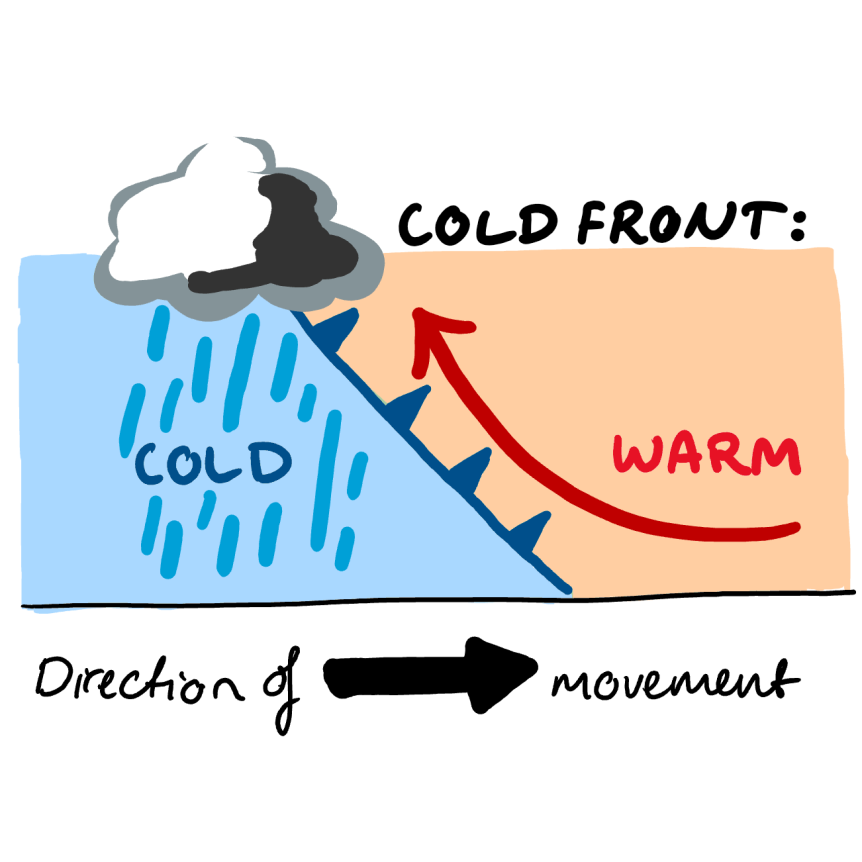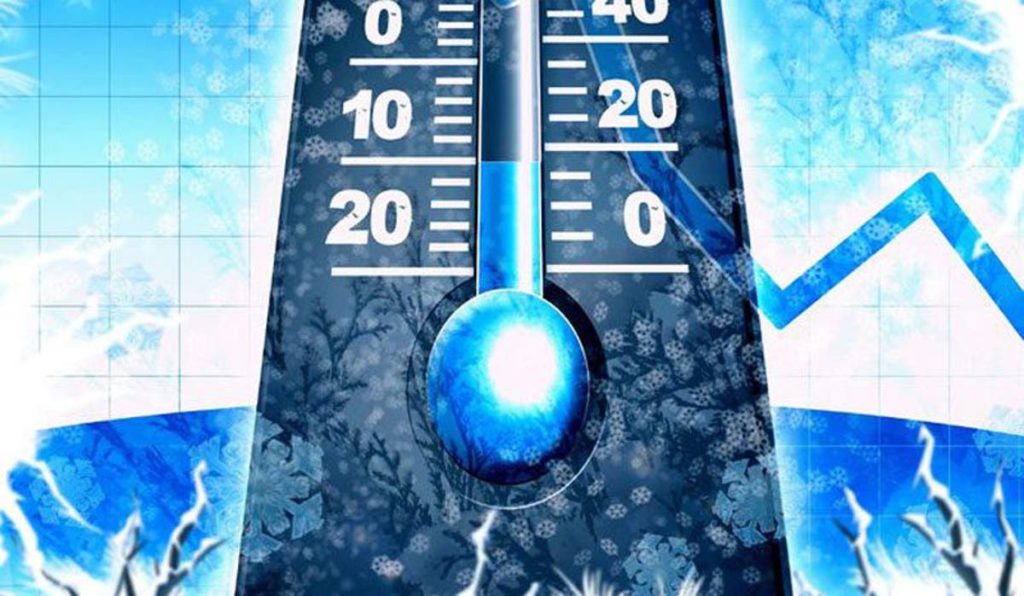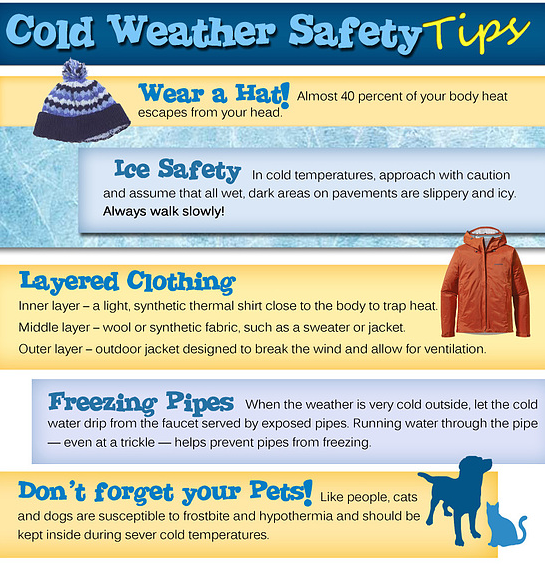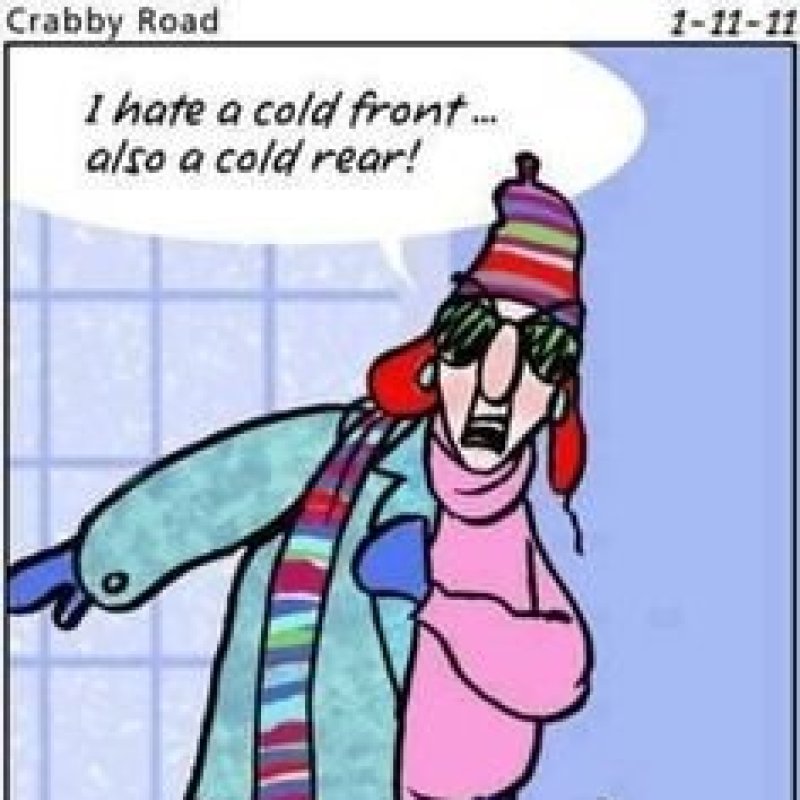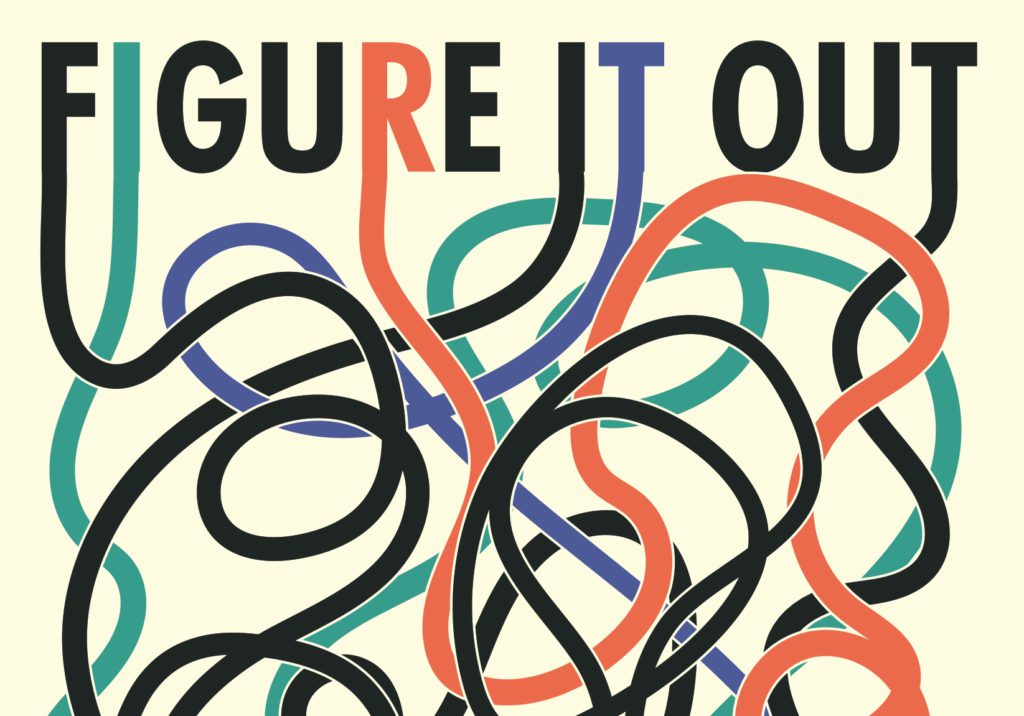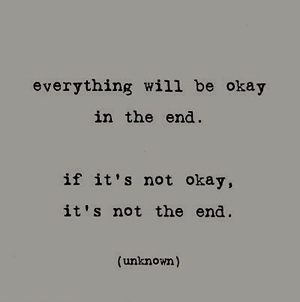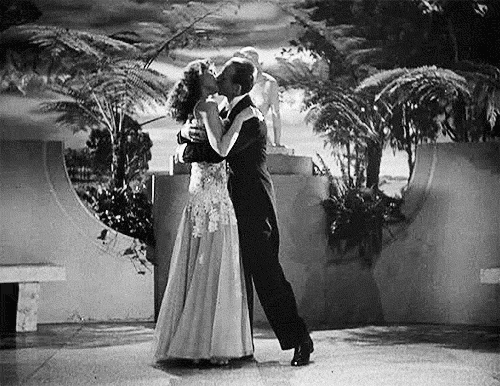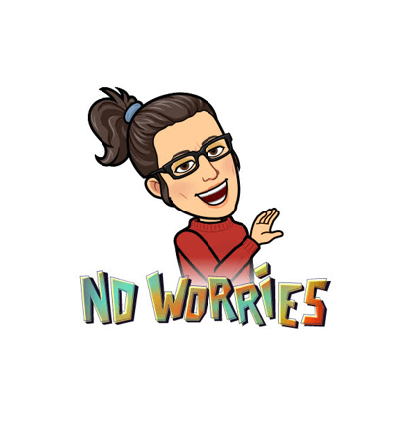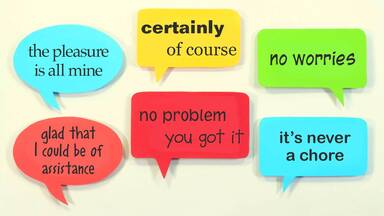Do you have a big family? What do you like doing when you spend time with your family?
Talking about family could be a good way to start a conversation in English, so it’s useful if you know what to say and if you have some questions to ask.
First, let’s review the vocabulary by looking at the family tree:

Watch the video to listen to examples of simple sentences.
Now gradually add more details and be more specific. Listen carefully and take notes.
You can read the full script of the video here.
So, are you now ready to talk about your family? Introduce them. Say who they are. Add details to make your answer longer and interesting.
1. Introduce your family and say who these people are:
- There are four people in my family: my wife, my two sons and myself.
2. Talk about Brothers and Sisters:
- I have two brothers and one sister.
- I just have one sister.
- I’m an only child.
Make it more interesting by adding more information:
- I have two older brothers and one older sister. I’m the youngest in the family.
- I just have one sister, who’s five years older than me.
- I’m the middle child: my brother is two years older, and I have a younger sister who’s finishing university this year.
3. Immediate and Extended Family
In English, we sometimes draw a line between your immediate family (or nuclear family):
Immediate family –> you, your husband/wife, your children, parents, brothers and sisters
And your extended family:
Extended family –> uncles, aunts, cousins, nephews, nieces, grandparents, grandchildren
- There are six people in my immediate family: my parents, my brother and his wife, my sister and me. I have a lot of other relatives, but they live in Canada so we don’t see them often.

If you want to be more specific, you can mention who is part of your paternal side of the family and maternal side of the family, the relatives on/from your dad’s side, and on/from your mom’s side of the family.
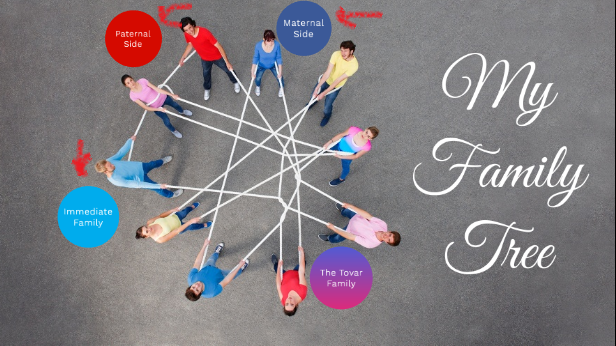
4. Talking about Your Children:
- I have three kids: two girls and a boy.
- We have a newborn son.
- We have one daughter, and my wife’s expecting our second child.
Add details to make your answers longer and more interesting:
- I have three kids: two girls and a boy. Our eldest daughter has just started secondary school, and the two younger ones are still in primary school.
5. Talking about Your Relationship with Your Family
Finally, let’s add some information about how often you see your family, and what you like to do together:
- I’m very close to my family. We have lunch together every weekend.
- I see my older brother once a week; we play tennis or basketball together.
- I try to spend as much time as possible with my kids.
There are more details you can still add!
- I’m very close to my family. We have lunch together every weekend at my grandmother’s house. She always cooks something delicious!
- I see my older brother once a week; we play tennis or basketball together. I don’t see my other brother so often, because he lives overseas, although we talk on Skype every so often.
- I try to spend as much time as possible with my kids. We play cards, watch films, or go to the park if the weather’s nice.
6. Making a Longer Answer:
- There are five people in my immediate family, although my extended family is quite large. I have two sisters, both younger, so I’m the oldest child. I don’t have kids yet but I’d like to have a big family one day. I see my parents and my sisters quite often, because we all live near each other, although I don’t see my other relatives that much.
What about you? Try to make a longer answer talking about your family. Use the vocabulary and ideas from the lesson to help you. Next time you talk about your family in English, hopefully you’ll have lots to talk about!

